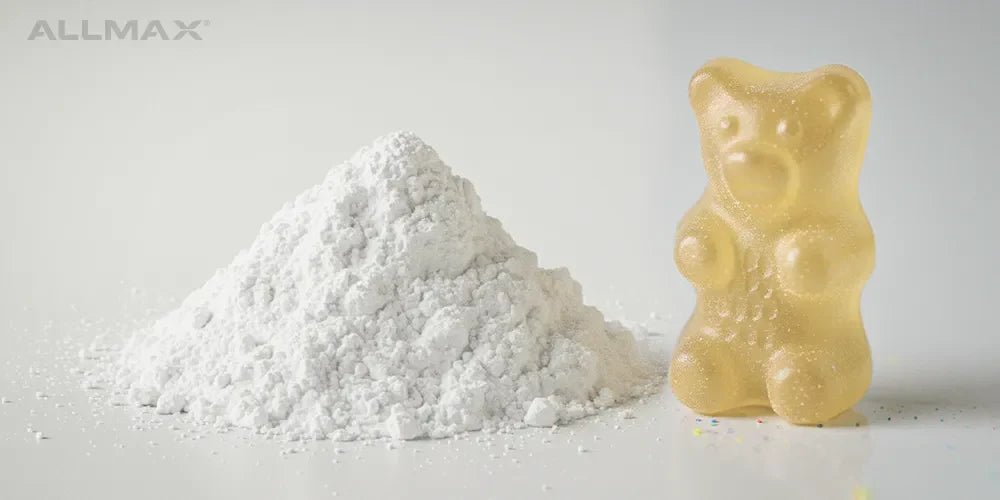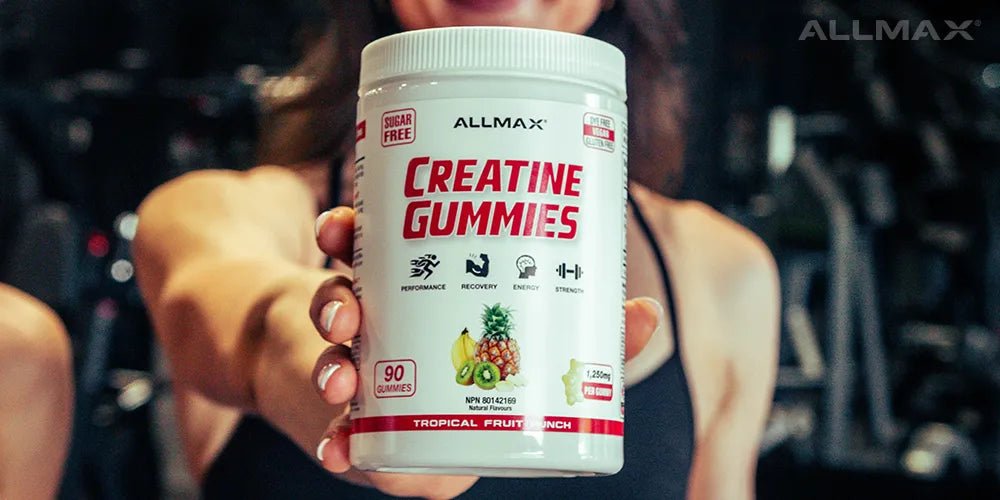Still fearing carbs? Well, it’s time to get over your fear. Till just recently, many diets warned of the horrible side effects of consuming carbohydrates. But, that is all the past. The truth is: carbohydrates are primary ingredients in any recovery and/or growth formula. The trick is in knowing what kind you need and when you need them. If you are looking to maintain lean mass, increase your strength and/or endurance, post-workout carbohydrates are by far the most essential. During intense training, your body can burn up to 250 grams of carbs, resulting in the depletion in your glycogen stores. Consuming a mix of simple and complex carbohydrates after your workout helps to promote high levels of glycogen re-synthesis, boosting recovery and sparking muscle growth.
When is the Best Time to Consume Carbohydrates?
Consuming carbohydrates after your workout promotes the release of insulin in your body. Insulin is a hormone produced by the body to regulate the metabolism of glucose absorbed by the liver and muscle structure from the blood stream. Eating high GI foods after a workout causes your body to increase its levels of insulin to counteract glucose levels in the body. Increasing insulin after a workout helps to drive protein, creatine and other nutrients to your muscles, promoting recovery. The trick: Avoid over-spiking your insulin after a workout. Consuming extremely high GI products such as post-workout gels and sport drinks can cause your body to over-produce insulin, leading to low blood sugar levels as your body compensates for such a quick release of insulin. For best results, consume medium-release carbohydrates and avoid pure simple sugars. For example, fruits, berries and vegetables are excellent options for post-workout carbohydrates. Not only are they packed full of free-radical scavengers, but they will also effectively help increase your body’s absorption of glucose.
Prickly Pear
A personal favourite of mine are prickly pears. These exotic pears are rich in flavanoids that help protect the immune system, prevent oxidative damage, and contain anti-inflammatory properties. Athletes have been known to take prickly pear extract (opuntia ficus-indica) as an ergogenic recovery aid that promotes energy in the gym, reduces post-exercise muscle soreness and speeds up recovery. As a side note, this fruit extract can help reduce the effects of excessive alcohol consumption when taken before heavy drinking.
Bitter Melon
Bitter melon, a member of the squash family, operates in a similar manner. This melon has been traditionally used in Indian folk medicine to treat diabetes. In Western science, its extract (momordica charantia) has been shown to have a significant effect on circulating glucose, low density lipoprotein (LDL) and triglycerides in diabetic rats. The extracts of both these foods have been found to have hypoglycaemic effects on the body. As a result, they have the ability to enhance the cell’s uptake of glucose without increasing the levels of insulin. As a result, they are often referred to as insulin mimickers. Insulin mimickers make insulin’s task easier without requiring additional blood sugars. They trick the body into functioning as though adequate levels of insulin are present. As a result, the body begins to feed off its next available energy source, fat, making insulin mimickers crucial for muscle building as well as fat burning.



